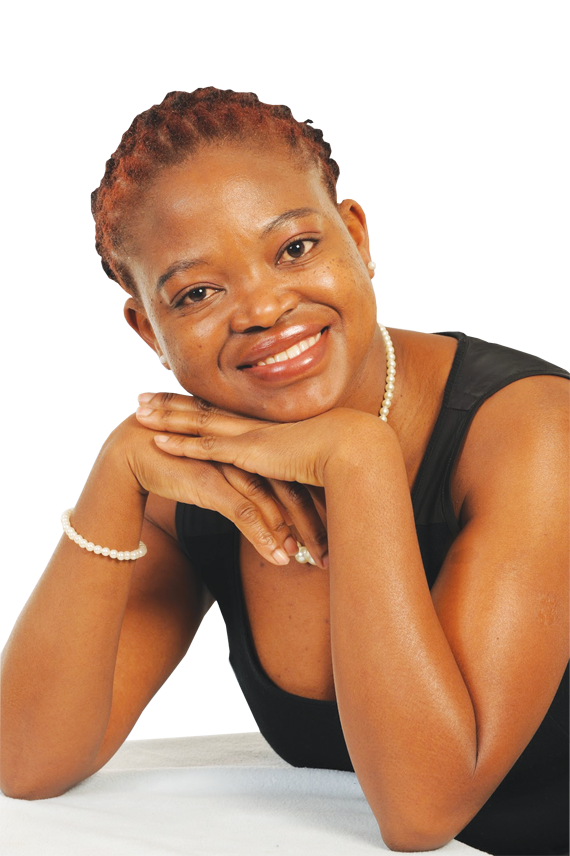
SEPTEMBER 11 was the anniversary of the infamous Al-Qaeda attacks on the Twin Towers of the World Trade Centre in New York.
It was the day on which judge Thokozile Matilda Masipa of the North Gauteng High Court handed down the long-awaited and rather controversial verdict on the Oscar Pistorius trial.
Up until now the focus has really been on the other players: Lawyers, the witnesses and the accused himself.
However, for two days the limelight shifted onto the judge; this enigmatic, no-nonsense woman who wears an expressionless face and has presided over the trial since it began on March 3.
I would not want to be in her shoes. It is an unenviable position of determining the fate of the paralympian who shot and killed his girlfriend on Valentine’s Day in 2013.
I say unenviable because she too will be, and has already been judged.
Social media has been ruthless and unforgiving in her character assassination. I think in all reasonableness we might not all agree with her judgment, but this is not an excuse to belittle her person.
So who is Masipa? She was born in Orlando East Soweto in 1944. She is the first born in a family of ten children. Masipa completed matric at Immaculate High in Alexandra. She went on to study for a Bachelor of Arts in Social Work which she completed in 1974.
- Chamisa under fire over US$120K donation
- Mavhunga puts DeMbare into Chibuku quarterfinals
- Pension funds bet on Cabora Bassa oilfields
- Councils defy govt fire tender directive
Keep Reading
By this time she was already married to Wilson Makhutla with whom she had two children.
Incidentally Masipa worked as a crime reporter which is what sparked her interest in law.
Matilda as she was known by then, is no stranger to a jail cell as she was arrested by the then apartheid regime for engaging in a mass protest against male journalists who were being detained.
She decided to pursue studies in law with the University Of South Africa and attained a law degree in 1990 after 10 years of studying.
A year later she was admitted as advocate. She made history in 1998 by becoming the second black female judge to be elected to the High Court. Masipa has a history of being quite harsh in her sentencing.
In one case she handed a 250-year prison sentence to Shepherd Moyo, a serial rapist and robber. She also slapped a punitive sentence on Freddy Mashamba who shot and killed his estranged wife in an argument over their divorce settlement. With this background there was the expectation was that she would make a tough judgment on Pistorius. On the contrary it would appear that she has rather been lenient with Pistorius; almost to the point of handling him with kid gloves. In her landmark judgment she acquitted Pistorius of the more severe charges of premeditated murder and murder but found him guilty on the lesser charge of culpable homicide. This charge carries a maximum sentence of 15 years at the worst and a fine and suspended sentence at best. As sentencing will only take place on October 13 2014 it’s best to say we will dispense with figures till then. Nonetheless for most of us the judgment was an anti-climax in what has been an orgasmic trial. The fact that Pistorius was acquitted of murder leaves us with a bittersweet taste in our mouths. You almost get the feeling that he essentially got away with murder. You see, like many people I had already judged and convicted Pistorius of murder. In my own head he was going to prison for the longest time possible. This is what justice means to many of us. Unless it is being meted out with an iron fist and a heavy prison sentence then it simply falls short of justice. Maybe it’s got a lot to do with how we were raised. When you did something wrong you were punished. In school you either got detention or a strapping. Somehow in life we also expect the same modus operandi. Yet for Pistorius it feels like he killed and gets to carry on with his life without impunity. Truthfully speaking, I did not want justice for Pistorius, but rather for Reeva Steenkamp, the deceased. I saw this trial as a way to avenge her death and that of every other woman who has died at the hands of a man. This trial was no longer about Pistorius, but it became bigger than him. We wanted to make an example of him. I like many, wanted “the eye for an eye” kind of justice that the Bible warns us about. However, we cannot take the law into our own hands and we sometimes have to abide by judgments we do not necessarily agree with. Sue Nyathi is the author of the novel The Polygamist. You can follow her on Twitter @SueNyathi










